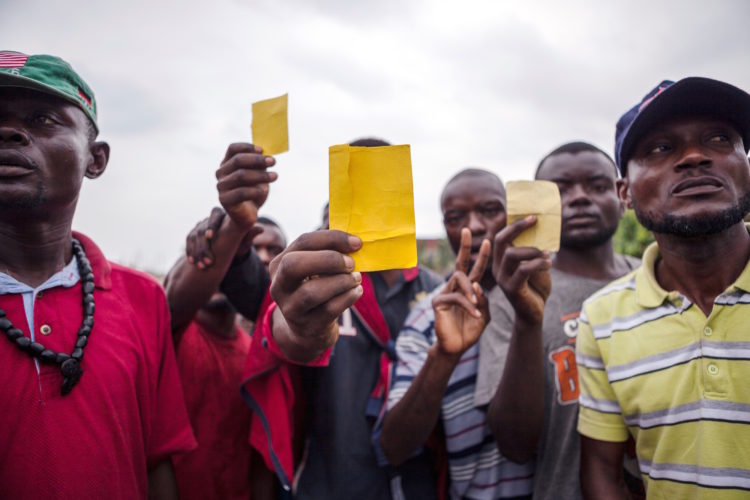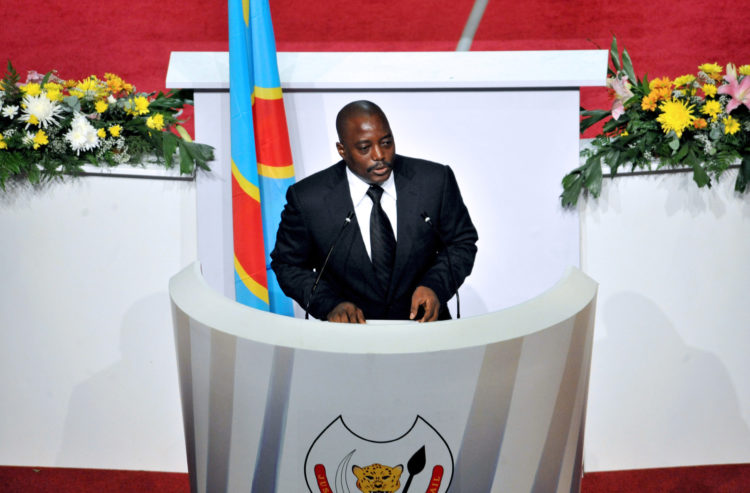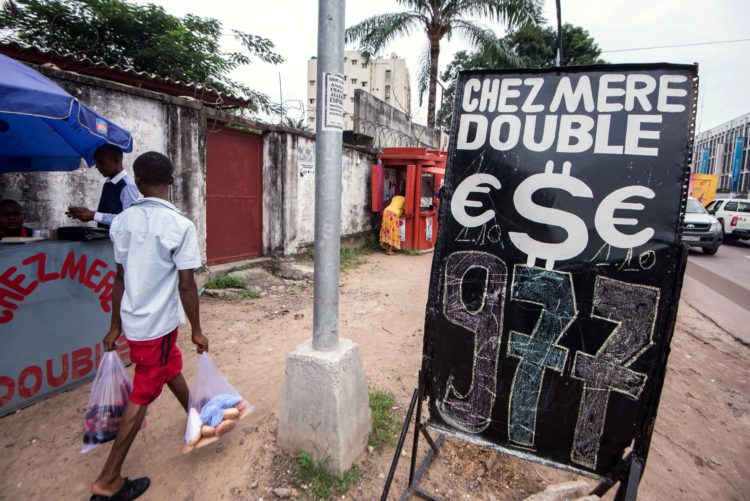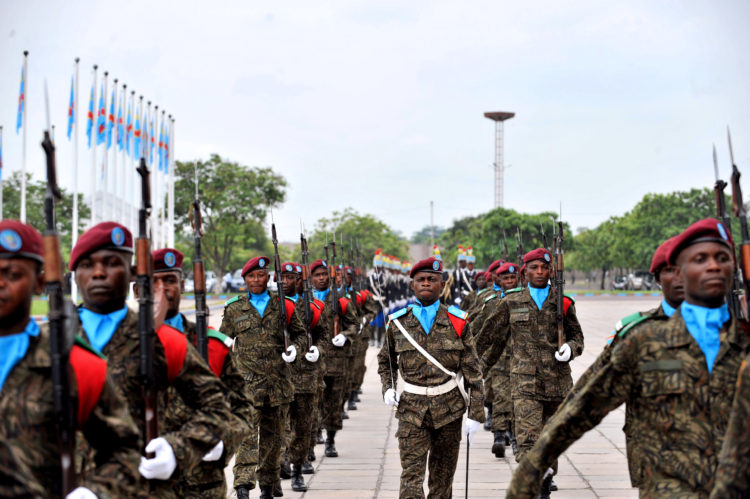The Martinique-born thinker Frantz Fanon once said ‘Africa is shaped like a gun, and Congo is the trigger’.
This still holds true today.
The 2016 Congolese presidential election didn’t take place on the November 27, the date stipulated in the constitution. Political and civil opposition leaders have vowed to invoke Article 64, which stipulates that the Congolese have a duty to oppose any individual or group of individuals who seize power by force in violation of this constitution.
Strikes and protests, which have been rocking the country since early 2015, will reach a new pitch on December 19, when President Kabila’s term ends.
Congo is important for the stability of central Africa and sub-Saharan Africa, and large-scale unrest could spill over to its nine neighbouring countries.
Here are four reasons why the DRC could be heading for civil war.
Two pro-democracy movements, Lucha (‘Fight for Change’) and Filimbi (‘Whistle’), are on the front lines of the protests. Their aim is to improve the accountability of politicians and encourage Congolese citizens to demand their rights.
They follow a trend set by other movements on the continent like Burkina Faso’s Balai Citoyen (‘Citizen’s Broom’) and Senegal’s Y’en a mare (‘Fed up’). Like their West African counterpart, Lucha and Filimbi have a flat structure, with no middle management between staff and executives.

Ever since they began to receive more attention in 2015, they ‘ve organised sit-ins and protests in Congo’s major cities. For example, Filimbi created the popular hashtag #telema (‘stand up’). Their capacity to mobilise the population has attracted the attention of the international press.
In his annual state of the nation address on November 14, President Kabila claimed that foreign entities were manipulating the country’s youth.
Lucha and Filimbi pride themselves on not being intimated by long detention, harassment and oppression. They, more than anyone else, are calling for Article 64 to be invoked.
The Congolese Franc has lost more than 10 percent of its value against the dollar. The central bank has increased interest rates to try to control inflation.
Given the prevailing environment of slowing economic growth, political instability, high unemployment and high inflation of basic commodities, Congo is a key country to watch for instability in the coming months. Youth unemployment and inflation are an explosive mix, as Tunisia discovered in 2011. As the saying goes, a hungry man is an angry man.
The risk of the political crisis worsening is so great that the UN Security Council sent a delegation to the capital Kinshasa in a bid to resolve the impasse and prevent further bloodshed. The ICC prosecutor Fatou Bensouda issued a statement saying she was ‘keeping an extremely close eye on the situation in Congo’.

Worryingly, Kabila is ignoring the international pressure, and actually becoming more authoritative. The Congolese government has taken a measure that would make North Korea leader Kim Jong-un proud. All foreign broadcasters have been banned until they abide by the new ‘guidelines’.
Generals have become very wealthy under Kabila’s reign. In fact, this privileged group has been allowed to pursue commercial activities, in exchange for ensuring the stability and security of the regime. The generals control swathes of public land which are being increasingly converted into properties and tourist resorts. For example, Mr Amisi, one of the generals whose assets were frozen by the US owns Vita Club, one of the biggest football clubs in the country.
This arrangement will come to a head with the US freezing the assets of Kabila’s inner circle and the UN and the ICC monitoring events in the Congo. The generals, who have a lot to lose if Kabila maintains his grip on power, could stage a coup. Since 1960, the Congolese military has attempted nine coups. This longstanding instability, combined with the culture of corruption and politicization that has always existed in the Congolese army, makes Kabila vulnerable.


